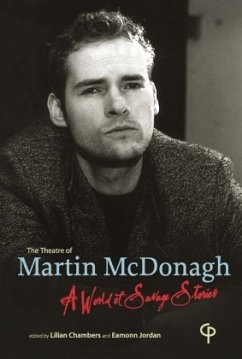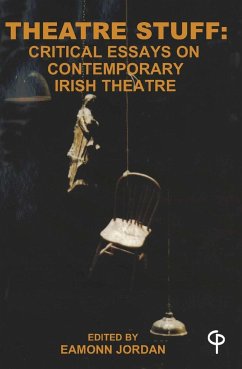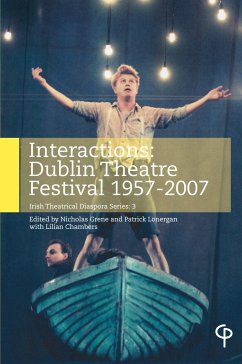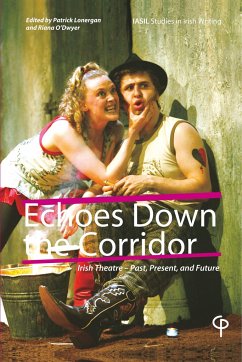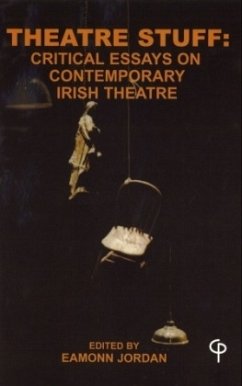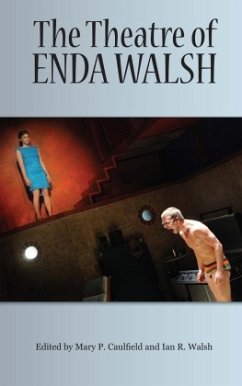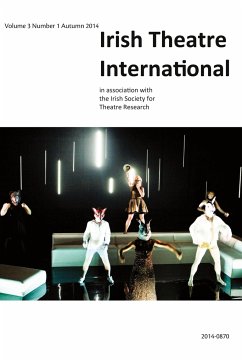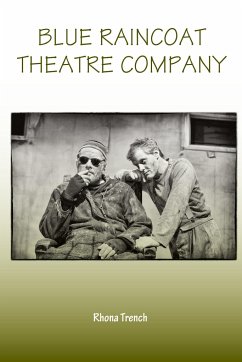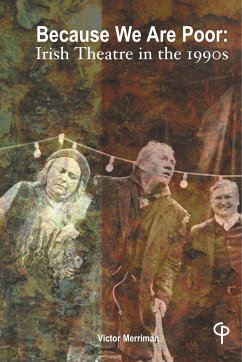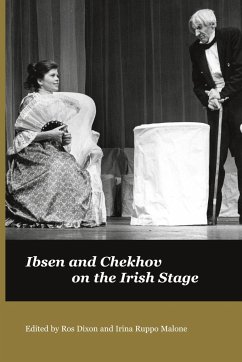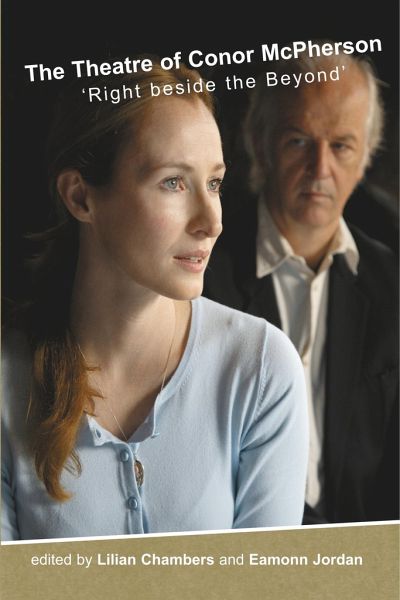
The Theatre of Conor McPherson
'Right beside the Beyond'
Herausgegeben: Chambers, Lilian; Jordan, Eamonn
Versandkostenfrei!
Versandfertig in 6-10 Tagen
38,85 €
inkl. MwSt.

PAYBACK Punkte
0 °P sammeln!
Multiple productions and the international successes of plays like The Weir have led to Conor McPherson being regarded by many as one of the finest writers of his generation. McPherson has also been hugely prolific as a theatre director, as a screenwriter and film director, garnering many awards in these different roles.In this collection of essays, commentators from around the world address the substantial range of McPherson's output to date in theatre and film, a body of work written primarily during and in the aftermath of Ireland's Celtic Tiger period. These critics approach the work in ch...
Multiple productions and the international successes of plays like The Weir have led to Conor McPherson being regarded by many as one of the finest writers of his generation. McPherson has also been hugely prolific as a theatre director, as a screenwriter and film director, garnering many awards in these different roles.
In this collection of essays, commentators from around the world address the substantial range of McPherson's output to date in theatre and film, a body of work written primarily during and in the aftermath of Ireland's Celtic Tiger period. These critics approach the work in challenging and dynamic ways, considering the crucial issues of morality, the rupturing of the real, storytelling, and the significance of space, violence and gender. Explicit considerations are given to comedy and humour, and to theatrical form, especially that of the monologue and to the ways that the otherworldly, the unconscious and the supernatural are accommodated dramaturgically, with frequent emphasis placed on the specific aspects of performance in both theatre and film.
In this collection of essays, commentators from around the world address the substantial range of McPherson's output to date in theatre and film, a body of work written primarily during and in the aftermath of Ireland's Celtic Tiger period. These critics approach the work in challenging and dynamic ways, considering the crucial issues of morality, the rupturing of the real, storytelling, and the significance of space, violence and gender. Explicit considerations are given to comedy and humour, and to theatrical form, especially that of the monologue and to the ways that the otherworldly, the unconscious and the supernatural are accommodated dramaturgically, with frequent emphasis placed on the specific aspects of performance in both theatre and film.



